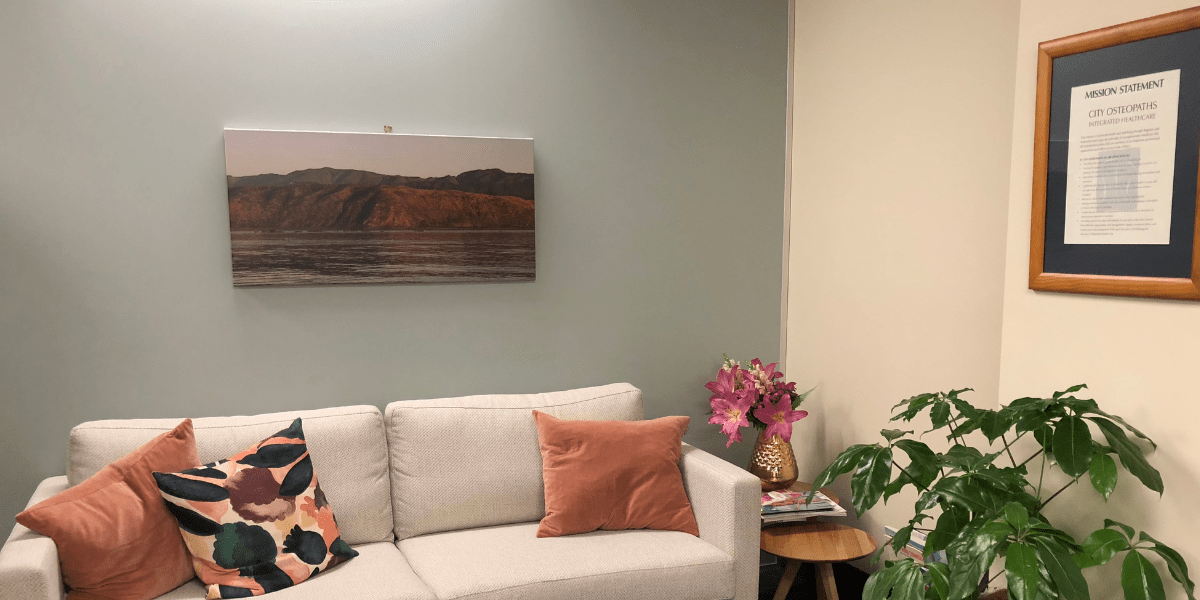Like anything, if you give yourself enough time to do a spot of Internet exploring you’re going to find something that will deter you from trying acupuncture. The truth being, people react differently to their various experiences in life; while some might love one restaurant, another person might never step foot inside it again.
Take pharmaceuticals for example, some people respond fast and effectively to drugs, whilst it wont work for others as well. You’ll never know if Acupuncture will work well for you until you give it a try! Please note: Traditional Acupuncture and ‘dry needling, ‘Trigger point needling’ are different things- which we will elaborate on later
Acupuncture works- there’s no denying that. There are however plenty of myths surrounding the treatment which could be putting some of you off- and I wanted to clear a few of them up…
Myth number one: It’s painful!
Frightened of vaccinations? Acupuncture needles are absolutely nothing like those used for injections. In fact, they’re so fine (thinner than a human hair) you’ll hardly feel them when they penetrate the skin. The way the needles are inserted is with a gentle flick or tap; the majority of people feel that sensation on the skin then the needle going in itself. If you are not comfortable with that sensation at any point your Acupuncturist will always take the needle out. You might instead feel a slight tingling or awareness in certain areas of the body once the needles are in, but this just shows that the Acupuncture is correctly doing what it’s supposed to do.
Myth number two: Acupuncture is only for Injuries!
Again being a myth, majority of conditions Acupuncture can be beneficial with (not just injuries!) Common conditions we can help with:
Infertility
Mental/Emotional conditions
Digestive complaints
Insomnia
Sinusitis/ respiratory problem
And the common cold!
Myth Number three: It’s unsafe if you’re pregnant!
This is a major myth (to note always inform your Acupuncturist of potential pregnancy) We will avoid certain Acupuncture points during pregnancy, Acupuncture is 100% safe (ensuring your with a qualified/ registered Acupuncturist) We can assist with common pregnancy complaints such as:
Morning sickness
Muscular aches & pains
Headaches
From 35 weeks assist with encouraging a natural efficient labour
Breech babies
Induction treatment (if you’ve gone over your due date)
Myth number four: It doesn’t work!
At this stage in New Zealand ACC will fund Acupuncture services, and private insurers will also subsidise treatments. This would not occur if ‘Acupuncture didn’t work’. Acupuncture is currently being carried out at IVF centres throughout the world and here in Wellington- again this would not be happening if there was no evidence to show effectiveness.
Pooled results of 29 studies involving nearly 18,000 participants; overall, acupuncture relieved pain by about 50% = pain levels halved
An article examined the effectiveness of acupuncture in treating chronic shoulder pain (CSP). Participants were comprised of 424 patients with CSP. Random assignment placed each patient into traditional acupuncture, sham acupuncture, or conventional orthopaedic treatment. Directly following treatment analysis revealed that the traditional acupuncture group yielded a 68% improvement, sham acupuncture 24%, and conventional orthopaedic treatment 28%.
In 2010, Manber et al. (N=150) found a significant 50% decrease in depressive symptoms amongst pregnant patients with Major depressive disorder.
In a study of 160 women, published in April 2002 in the reproductive journal Fertility and Sterility, a group of German researchers found that adding acupuncture to the traditional IVF treatment protocols substantially increased pregnancy success by 61%.
An observation study by Betts and Lenox in 2004 looked at the effect of using pre-birth acupuncture on 169 women as part of their routine antenatal care. In the acupuncture group, there was an overall 35% reduction in the number of inductions (for women having their first baby this was a 43% reduction) and a 31% reduction in the epidural rate when compared to the local population. When comparing midwifery-only care there was a 32% reduction in emergency caesarean delivery and a 9% increase in normal vaginal births.
Myth number five: You need no training to be an Acupuncturist
Acupuncturists in New Zealand complete four years of university-level training to be qualified and registered. Completing at least 500 clinical hours and passing a final exam for registration, as well as completing yearly continued development hours for registration.
Myth Number six: It’s not entirely safe
As long as you a being treated by a qualified/ registered practitioner rate of adverse events requiring specific treatment after Acupuncture is 2.2% (4963 incidents among 229 230 subjects), worst-case scenario!
The most common side effects with rates are as follows:
Small bleedings (2,9%),
Hematoma (Bruising) (2,2%),
Dizziness (1 %)
Please Note: I have been asked and there is no ‘Death point’ or ‘Kiss of the Dragon” point- apologies to martial arts fans!
Myth Number seven
While most people use acupuncture to help rid themselves of pain, some swear by it for the benefits it brings to their skin – and it’s a myth that the technique can’t make you look better.
Facial acupuncture or beauty acupuncture as it’s more commonly known stimulates the skin’s ability to regenerate and restructure itself. In accelerating anti-inflammatory activity it can remove accumulative toxins from the skin and encourage new collagen and elastin production. This can be particularly beneficial for anyone with acne scarring or for those who’d like to add a youthful glow to their complexion
Myth number eight: Acupuncture & Dry needling are the same thing
Again this is false- Dry needling was established by Physiotherapists who saw the excellent results Acupuncturists were getting treating Muscular-Skeletal conditions. So, an element of this was taken and adapted to their modality. When dry needling is performed and stimulated in a different means to a Traditional Acupuncturist, we generally do not stimulate needles to the point where it elicits such a strong nerve response. Also, the dry needling training is only a couple of days long for physios, not nearly as comprehensive as four years fulltime training for NZ acupuncturists.
Myth number nine: I shouldn’t go to my Acupuncture appointment if I have a Cold/ Flu
We appreciate your consideration of not spreading your cold- but Acupuncture can be very beneficial at supplementing the immune system and helping your body throw off any winter chills you may catch in the colder weather.


